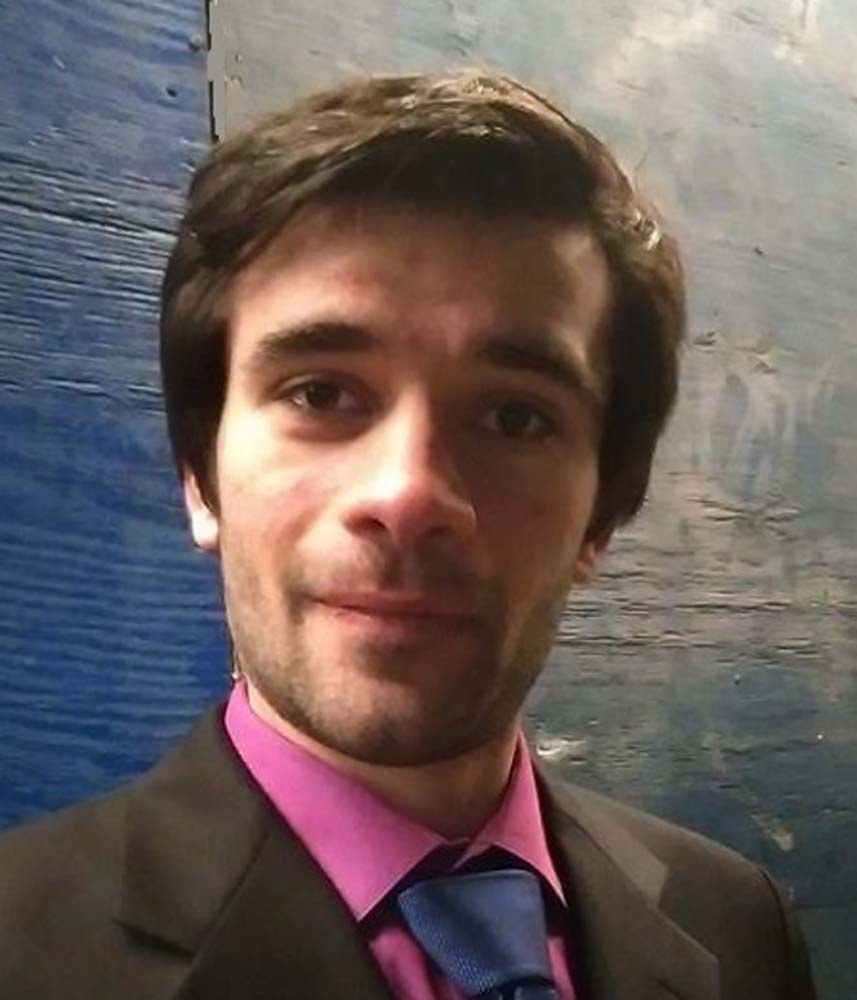Rob Rigobello was born in Brooklyn, NY, and has been interested in genetics since taking a course on genetics in high school. He graduated from the University of Rochester in 2013, where he completed a BS in Molecular Genetics with two minors in Psychology and Ethics. Rob first learned about genetic counseling while searching the internet for career options that blended science, education, and psychosocial topics shortly after declaring his major. Before entering the program, he spent a year as a teacher and volunteered as a patient advocate at his local hospital. Within the program, Rob has served as a student coordinator for the Impact program, which matches first year students with families who have a child with Down syndrome in order to give students an opportunity to learn about the non-medical aspects of Down syndrome. He is also the program's student liaison for Admissions, where he answers questions potential and current applicants have about the program and profession. In addition, Rob has worked as a teaching assistant for the program's Embryology and Genomics courses and has given talks to undergraduate students interested in the genetic counseling profession at several different schools and colleges.
Why did you choose genetic counseling as a profession?
I wanted to be in a profession where I could utilize my background in science and education that also had a large people component to it. I knew I also wanted to be in a field like genetics that was rapidly evolving and where my contribution would help it grow. Genetic counseling hit all of these notes for me!
What tips do you have for students beginning to interview for genetic counseling programs?
Be sure to talk about what makes you stand out as an applicant. As genetic counselors tend to be very science savvy and want to help people, what will distinguish you from others in the admissions process is everything else you bring to the table. Whether it be leadership roles, teaching, working in a foreign country, or other experiences you've had, make sure to show what you accomplished in these roles, as well as how that relates to why you would make a good genetic counselor.
What do you think is the most unique aspect of the Sarah Lawrence College genetic counseling program?
In my mind, having a large class is a benefit in so many ways. In class, there will always be an expert on some topic that comes up. Networking for job and other opportunities is helped a lot by having more people around that might have connections in a certain area or specialty. Beyond this, every person has their own background and life experiences, which enriches not only classroom discussions but personal relationships as well.
